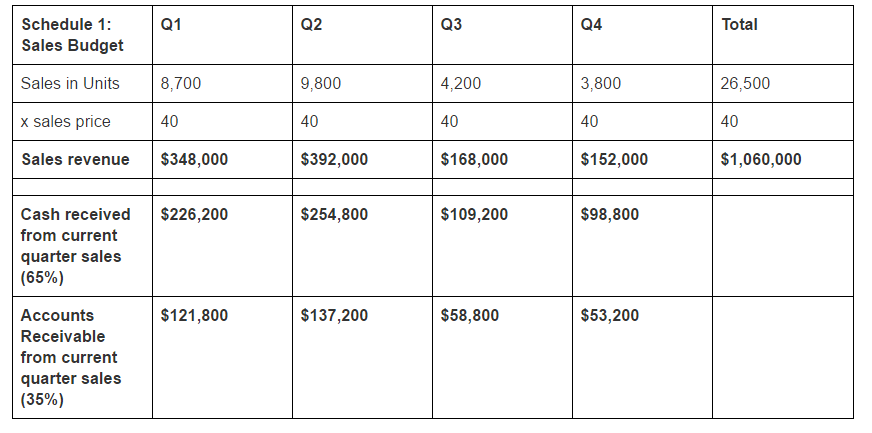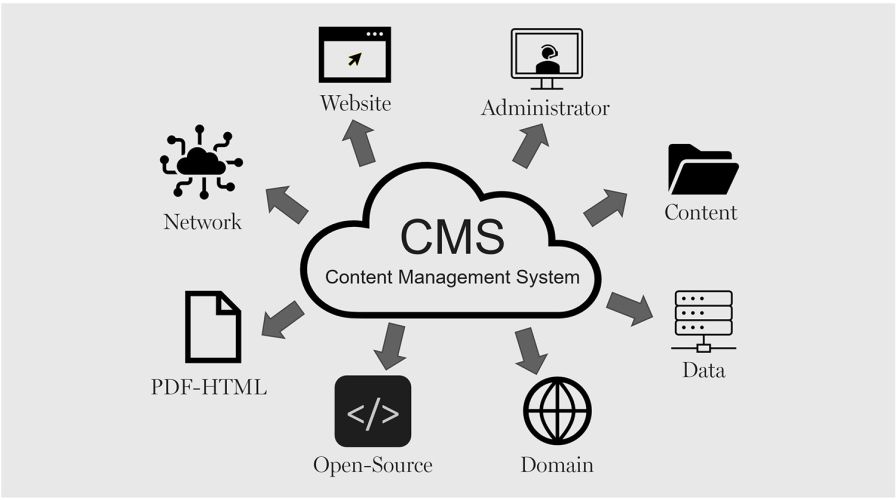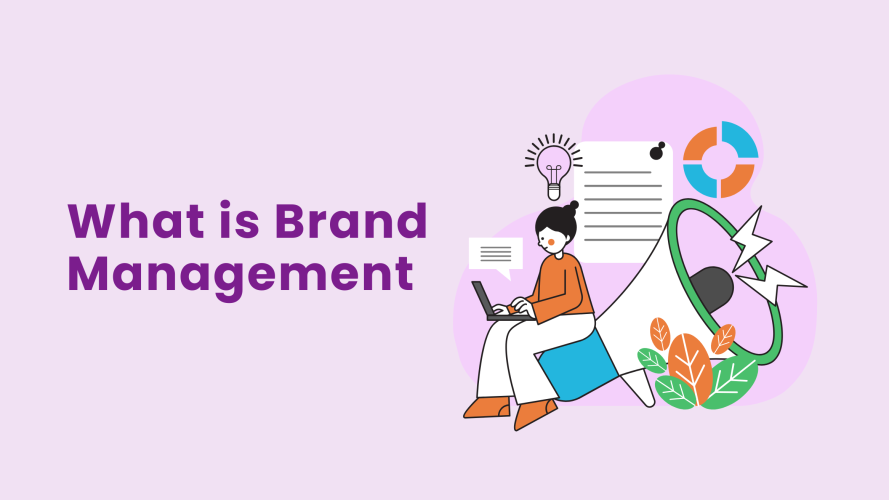How Much Does a CRM Cost? A Breakdown

The cost of a customer relationship management (CRM) system can vary widely depending on several factors, including your business size, specific needs, and the features you require. While free CRM options are available, a premium CRM can significantly enhance your business operations and customer relationships.
Factors Affecting CRM Cost
- Number of Users: The more you have, the higher the cost. Some CRMs charge per user, while others offer tiered pricing based on the number of users.
- Features and Functionality: The cost will be impacted by the CRM’s complexity, the number of features, and the level of customization you need.
- Integration Requirements: Integrating your CRM with other software, such as marketing automation or accounting tools, may incur additional costs.
- Support and Maintenance: The required support and maintenance level can also affect the overall cost.
Cost Breakdown
- Free CRMs:
- Pros: Zero upfront cost, basic features.
- Cons: Limited functionality, scalability, and support.
- Best for small businesses with limited budgets and basic needs.
- Low-Cost CRMs:
- Pros: Affordable pricing and essential features.
- Cons: It may lack advanced features and customization options.
- Best for small to medium-sized businesses with growing needs.
- Mid-Range CRMs:
- Pros: robust features, customization options, and better support.
- Cons: Higher upfront cost.
- Best for medium- to large businesses that require advanced functionality.
- Enterprise CRMs:http://CRM Cost
- Pros: Comprehensive features, scalability, and dedicated support.
- Cons: Significant upfront cost and ongoing maintenance fees.
- Best for: Large enterprises with complex needs and high-volume operations.
Additional Costs
- Implementation Costs: hiring consultants or IT professionals to implement and customize the CRM.
- Data Migration Costs: Transfer existing customer data to the new CRM system.
- Training Costs: Training your team to use the CRM effectively.
- Ongoing Support and Maintenance Costs: Regular updates, technical support, and maintenance fees.http://CRM Cost
How to Choose the Right CRM
- Assess Your Needs: Identify your specific requirements, such as sales, marketing, and customer service.
- Set a Budget: Determine how much you can spend on a CRM.
- Research CRM providers: compare features, pricing, and customer reviews.
- Consider Future Growth: Choose a CRM that can scale with your business.
- Prioritize User Experience: Select a CRM with a user-friendly interface.
Conclusionhttp://CRM Cost
While the cost of a CRM can vary, the long-term benefits often outweigh the initial investment. You can choose the right CRM to drive growth and success by carefully considering your business needs and budget.
Post Views: 228




